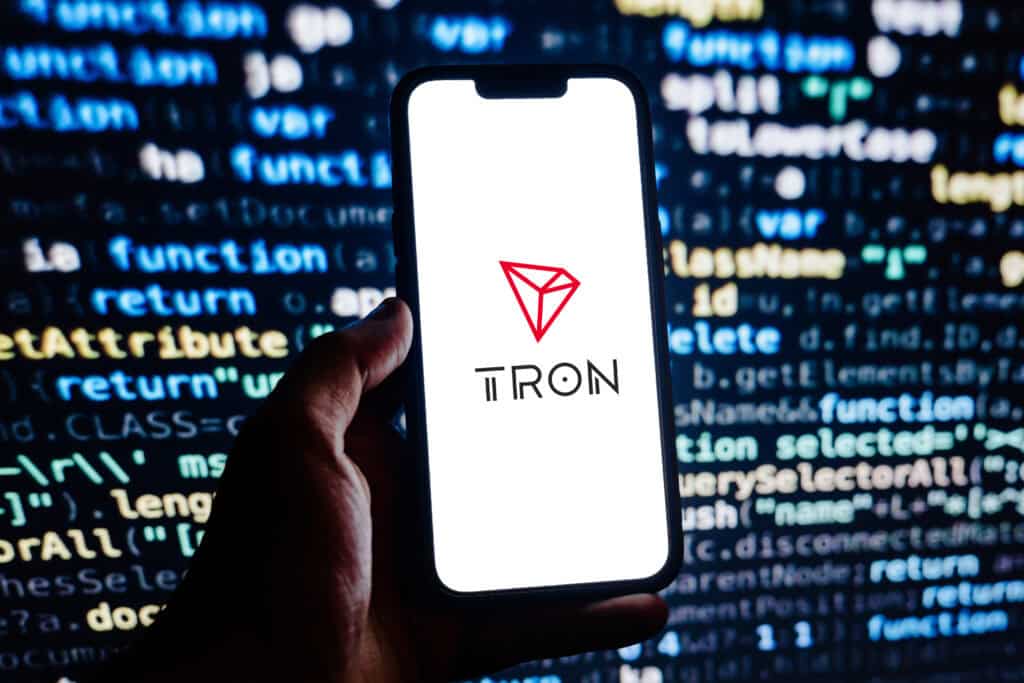
Key Takeaways:
- The SEC has updated its lawsuit against Tron founder Justin Sun, detailing his extensive visits to the U.S. to establish jurisdiction. Sun spent over 380 days in the U.S. from 2017 to 2019.
- The lawsuit alleges that Sun was involved in selling unregistered securities, namely Tron (TRX) and BitTorrent (BTT) tokens, and accuses him of manipulative practices like wash trading on a U.S.-based exchange.
- The SEC’s case focuses on Sun’s interactions with the U.S. market, countering his defense that the token sales were conducted outside the U.S. and targeted non-U.S. citizens.
The U.S. Securities and Exchange Commission (SEC) has updated its lawsuit against Tron founder Justin Sun, emphasizing his frequent visits to the United States as a basis for jurisdiction in the case.
This move follows Sun’s attempt last month to dismiss the lawsuit on grounds that the SEC lacked jurisdiction over his activities.
COMMENT: Earlier, both the Tron Foundation and Justin Sun argued that the SEC's attempts to extend U.S. securities legislation to foreign conduct were unreasonable. https://t.co/3BzMtySFCB
— BSCN (@BSCNews) April 19, 2024
The amended complaint, filed in a Manhattan federal court on April 17, details Sun’s extensive travel within the U.S., where he spent over 380 days from 2017 to 2019 visiting cities like New York City, Boston, and San Francisco.
These trips, according to the SEC, were business-related on behalf of entities like the Tron Foundation, the BitTorrent Foundation, and Rainberry.
The SEC describes these firms as Sun’s “alter ego” companies, suggesting they are closely tied to his personal and professional identity.
🇺🇸SEC States – Justin Sun 'Traveled Extensively' to US, Strengthening Lawsuit Influence pic.twitter.com/ZoC9QVIxvJ
— Ajay Kashyap (@EverythingAjay) April 19, 2024
The SEC’s allegations extend to activities involving the sale of unregistered securities, specifically the Tron (TRX) and BitTorrent (BTT) tokens, through these travels and business operations in the U.S.
Moreover, the regulator accuses Sun of engaging in manipulative practices such as wash trading TRX tokens on Bittrex, a Seattle-based cryptocurrency exchange.
The amended lawsuit reasserts that TRX and BTT tokens were marketed and sold to individuals and investors in the U.S. at times coinciding with Sun’s travels to the country.
🚨SEC files an amended complaint against Justin Sun for his TRX fraud and more.
— TruthLabs 🫡 (@BoringSleuth) April 19, 2024
8 months ago, I told and showed the 🌎 the Blockchain Evidence that revealed Justin Sun’s fraudulent $TRX ICO. Using transactional blockchain evidence, I revealed that using just 20 wallets, Sun and… https://t.co/Xn8oNhEPVw pic.twitter.com/mECggnr2Pz
This claim seeks to fortify the SEC’s stance that Sun purposefully engaged with the U.S. market, thereby falling under its regulatory purview.
The case has drawn attention due to Sun’s status as a Chinese-born Grenadian citizen and his arguments against the SEC’s application of U.S. securities laws to predominantly foreign conduct.
His legal team contests that the token sales occurred entirely overseas and were structured to exclude U.S. markets.
#SEC says #Justin Sun ‘traveled extensively’ to US, giving sway to lawsuit :
— TOBTC (@_TOBTC) April 19, 2024
The SEC filed an amended suit against Justin Sun after the Tron founder sought to dismiss the suit last month, claiming the regulator had no jurisdiction.
The regulator argues it has “personal… pic.twitter.com/YS2S5HtQKr
However, the SEC counters that these measures were insufficient to evade U.S. jurisdiction.
Sun’s legal representatives have yet to comment on the latest developments in the lawsuit.
SEC claims Justin Sun’s alleged visits to US grant it personal jurisdiction to pursue legal actionhttps://t.co/F2YVvZxeF0
— CryptoSlate (@CryptoSlate) April 19, 2024
The case continues to unfold, with the crypto community and legal experts closely watching the implications for international cryptocurrency operations and U.S. regulatory reach.





